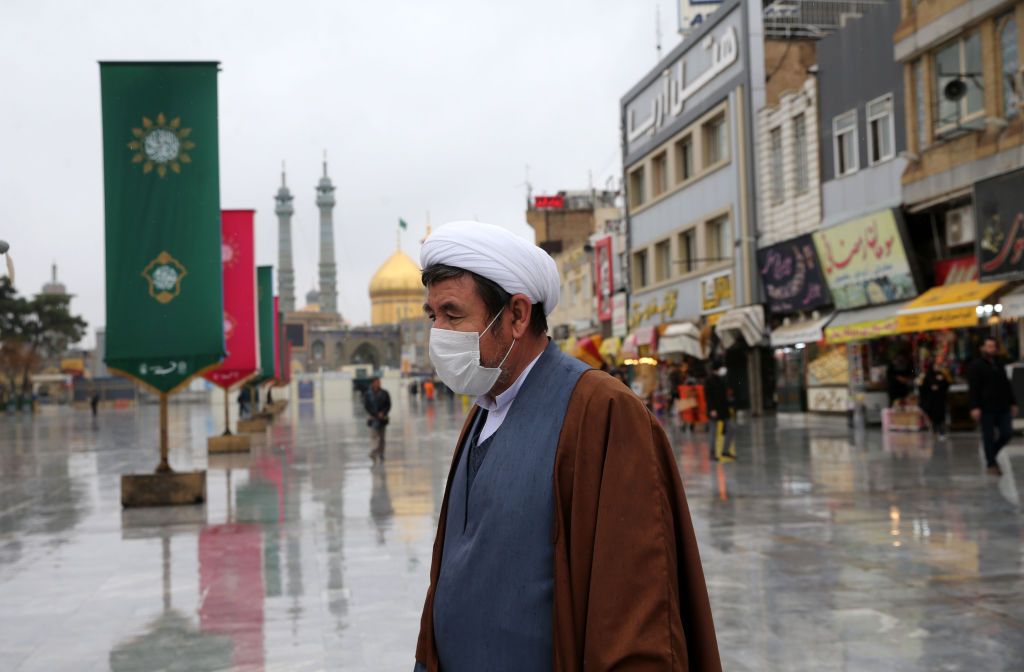While the United States and China squabble about the origins of the novel coronavirus, a more serious contest is underway over the severe economic sanctions against Iran, Syria, Venezuela, Cuba, North Korea and, to a lesser extent, Zimbabwe.
Some argue that it’s necessary to ease the sanctions, if only temporarily, to better coordinate the global fight against the virus and to minimise economic hardship in these countries for basic humanitarian reasons.
Those who want the sanctions to continue, especially unilateral US sanctions, say they don’t apply to the supply of medical or other humanitarian needs, so there’s no need to ease them.
The contest is largely focused on Iran, a country of some 83 million people, and the epicentre of the pandemic in the Middle East. As of 4 April, Iran had 55,743 confirmed cases, the seventh highest number globally, and 3,452 related deaths. While the numbers affected are high, the death rate is likely limited by the low median age of Iran’s population, about 32 years.
To put this in a regional context, only four of Iran’s Middle Eastern neighbours had more than 1,500 cases: Turkey with 23,934, Israel with 7,851, Pakistan with 3,157 and Saudi Arabia with 2,402. The remaining countries had fewer than 1,500 confirmed cases each and most had under 500.
Some of these numbers are widely considered unreliable or deliberately understated. It has been claimed that Iran initially understated its numbers, and Pakistan’s remain an underestimate. Turkmenistan, a Central Asian neighbour, claims it has no cases and its government-controlled media have shunned the use of the word ‘coronavirus’. Syria has 16 confirmed cases, but given the civil war, the displacement of millions of its people, and the country’s totally inadequate medical facilities, its officials simply wouldn’t know.
Read the article by Ian Dudgeon, presidential associate of the Australian Institute of International Affairs in The Strategist.

